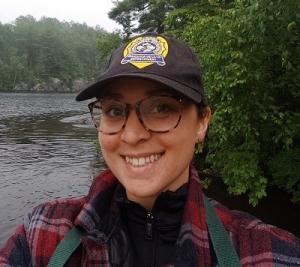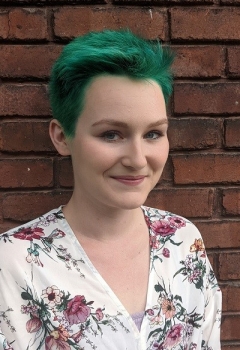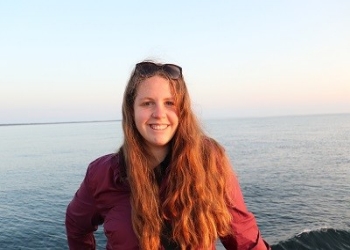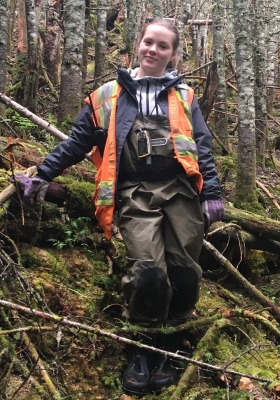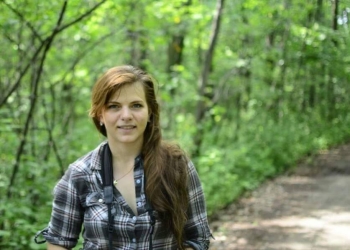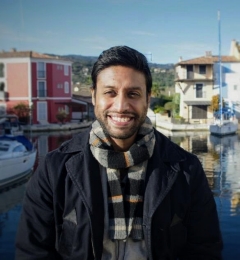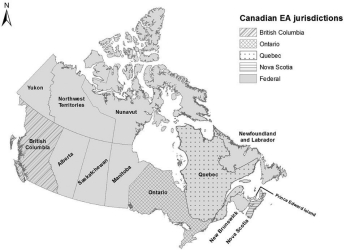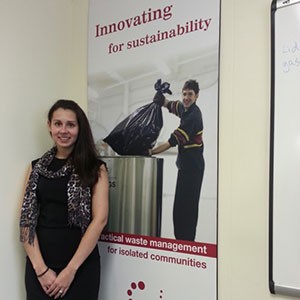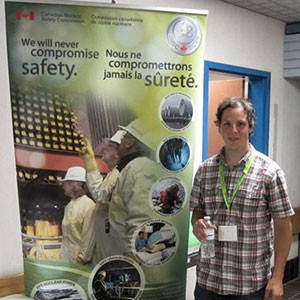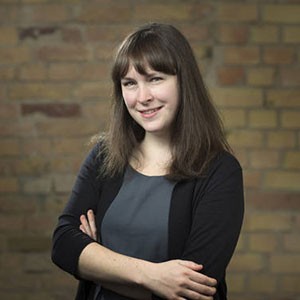After encountering hurdles in securing employment within the environmental sector with just my undergraduate degree, I made the decision to pursue a master's degree. The course and internship-based structure of the Master’s of Environmental Assessment (MEnv) program immediately caught my attention, offering a promising avenue to bridge the gap between academia and real-world experience. The program far exceeded my expectations. I was pleasantly surprised by the depth of learning and the vibrant discussions I had with my cohort and professors. Upon completing my courses and beginning my internship, I found myself well-prepared to enter the workforce, thanks to the program's internship preparation. Armed with newfound confidence, I pursued my dream job in the federal government, specifically in environmental health impact assessments. Every day, I apply the knowledge and skills acquired during my time in the program to excel in my role. I am immensely grateful for the experience provided by Concordia and the MEnv program.
Claudia Schiocchet, MEnv 2024




